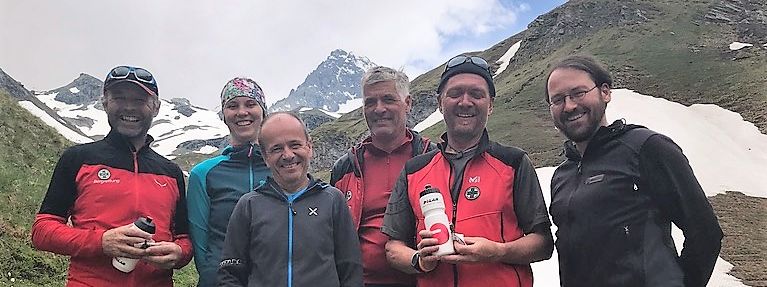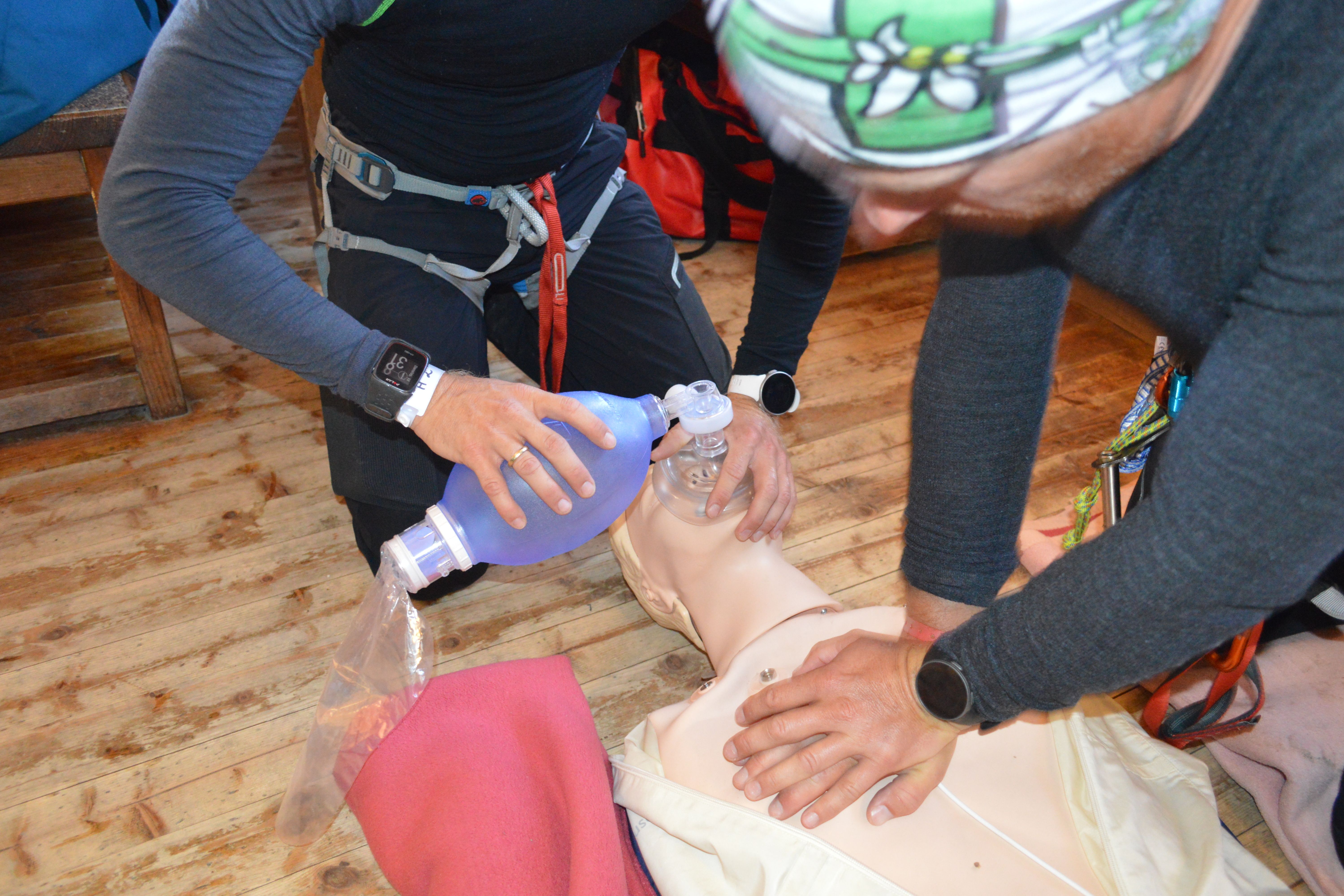
(Vienna, 08 July 2019) The Department of Emergency Medicine at MedUni Vienna and Vienna General Hospital is one of the world's leading research centres in the field of resuscitation following circulatory arrest. A MedUni Vienna study group has now collaborated with the Austrian Armed Forces and the Austrian Mountain Rescue Service to replicate a real-life scenario to determine the factors that influence the quality of cardiopulmonary resuscitation on Austria's highest mountain.
"The resuscitation guidelines that are currently applied are based almost exclusively on data gathered at around sea level. However, different rules apply on a mountain. The physical exertion of an operational climb, limited resources and the thin air mean that every deployment is a challenge," explains Alexander Egger, a doctor in the Austrian Mountain Rescue Service.

Multidisciplinary team
This is the challenge that a multidisciplinary team led by Wolfgang Schreiber from the Department of Emergency Medicine has now set itself. Together with the 24th Battalion of the Alpine Unit of the Austrian Armed Forces and the Austrian Mountain Rescue Service, they replicated a real-life scenario to determine the factors that influence the quality of cardiopulmonary resuscitation on Austria's highest mountain. Participants first of all had to prove their physical fitness at a "moderate altitude" (Lienz). They then made an operational climb from Lucknerhütte (2,241m) to Adlersruhe (3,454m) on Grossglockner. Once they had reached this altitude, they repeated the resuscitation procedure on the simulator. During this process, the quality markers of resuscitation were measured, as were the physiological parameters of the participants.
Great expertise for "outside-the-box" studies
"Our team has many years of experience in conducting experimental studies in different locations. We have now brought this expertise to new heights, as it were," reports Harald Herkner, who was responsible for the study design. "In projects such as these, we are able to combine our scientific expertise as a university department with our excellent preclinical emergency medicine network in Austria. The data are currently being evaluated. We hope that this will help to develop the resuscitation guidelines for scenarios outside the normal range," says Wolfgang Schreiber.